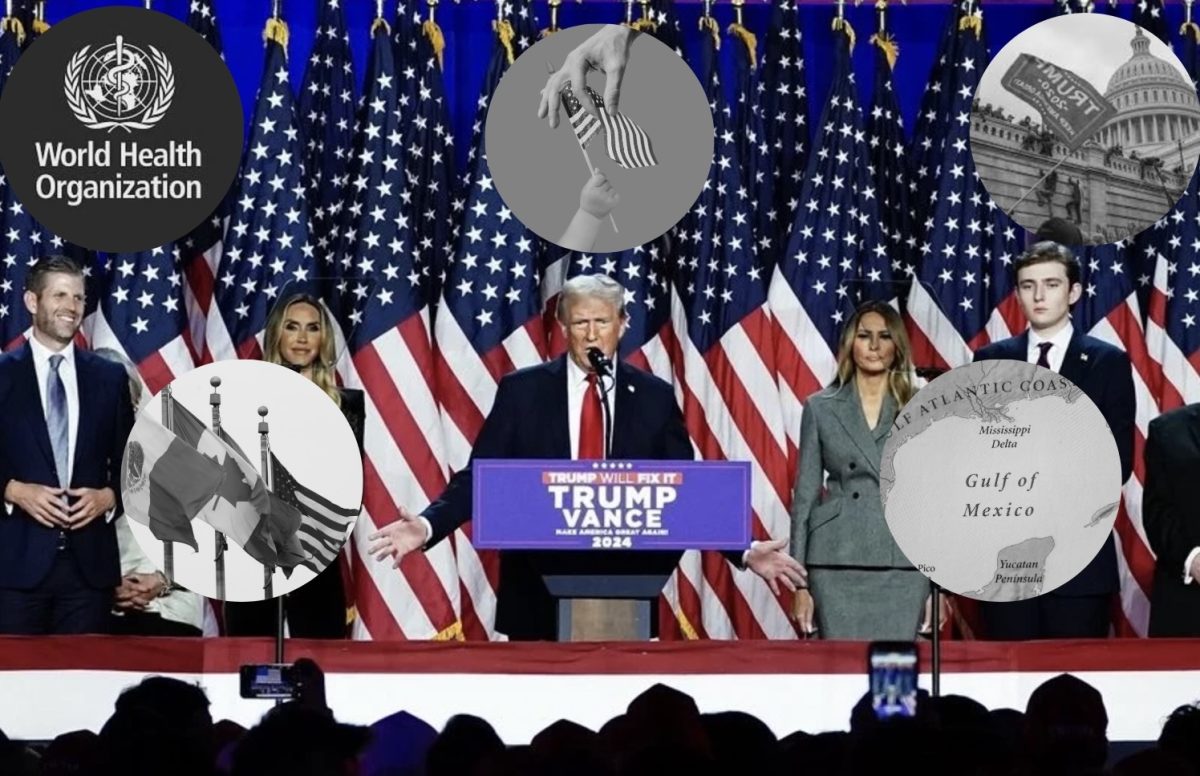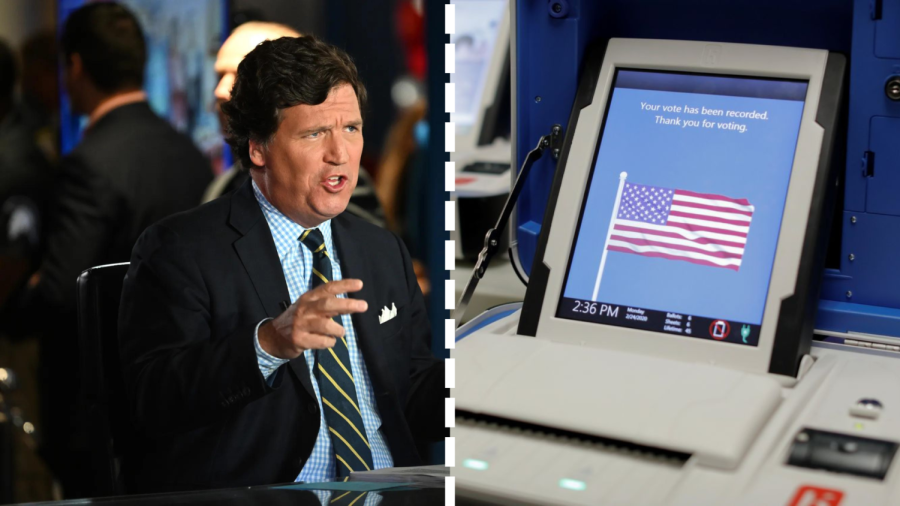WASHINGTON — The grassroots tea party movement is eager to pressure lawmakers in the new 112th Congress to adopt its conservative views, but the Democratic-controlled Senate is poised to stop it.
The tea party movement animated November’s elections and helped give Republicans their biggest majority in the House of Representatives since the first Truman administration in the late 1940s. About 50 Republicans were elected to the House with the backing of tea party groups.
Still, they are but a subgroup of the 242 House Republicans who will be sworn in Wednesday, including 85 freshmen. They’ll all be led by Ohio’s John Boehner, who is to be sworn in as House speaker shortly after noon.
Boehner’s taking care to show his respect for the tea party. The House will vote Wednesday on new rules that require new legislation to include a statement explaining how it conforms to the Constitution’s intent — a cherished tea party principle.
The rules are also expected to require that any new mandatory spending be offset by cuts in other spending. In a new wrinkle, tax increases would not be permitted to offset any spending increases.
And later in the week, the House is to begin considering repeal of the 2010 sweeping health care law — a landmark Democratic achievement — and a vote is expected on Jan. 12.
Tea party loyalists are pleased with this burst of conservative initiatives and plan to keep the pressure on Congress. Followers are being urged to visit the Capitol this week and to stop by lawmakers’ offices. On Jan. 14, they plan rallies around the country at local congressional offices.
“The message is that we’re watching, and we want you to vote based on our core values,” said Mark Meckler, a co-founder of the Tea Party Patriots.
Will the tea-party driven GOP be able to change the way Washington works?
Democrats and some independent analysts urge patience, arguing that to get anything done, Boehner and other House leaders will have to find common ground with the Democratic-led Senate and President Barack Obama, inevitably diluting the tea party’s clout.
“Things change when you have to govern,” said Rep. Henry Cuellar, D-Texas.
The tea party express will run into obstacles in the Senate, in which Democrats will have a 53-to-47 majority. Senate Democratic leaders insist in particular that the health care repeal will go nowhere.
“We urge you to consider the unintended consequences that the law’s repeal would have on a number of popular consumer protections that help middle class Americans,” the top five Senate Democrats wrote Boehner in a letter Monday.
As an example, they noted that repeal would eliminate some prescription drug help for seniors. The 2010 health care law helps seniors close a coverage gap in Medicare prescription drug benefits, known as the “doughnut hole.”
“Taking this benefit away from seniors would be irresponsible and reckless at a time when it is becoming harder and harder for seniors to afford a healthy retirement,” the Democrats said.
Both parties see political opportunity from the fight to repeal health care, a battle expected to play out over months.
Another big test in this emerging power struggle is likely to come quickly. The government is expected to hit the current debt limit of $14.3 trillion early this year, and government funding for the current fiscal year expires on March 4.
Unless Congress acts to lift the debt limit and also to provide new funding, Washington could run out of money, which would force the government to shut down, as in 1995. How far will the House Republicans push to hold the line on spending? Will they let the government shut down?
The tea party folks are watching.
“These guys need to get serious,” Meckler said. “We are in serious trouble” from federal overspending, deficits and debt, she said.
Most lawmakers, though, won’t threaten a shutdown. The 1995-96 debt ceiling stalemate closed much of the government for 26 days. That triggered a political backlash against the Republicans then in charge of Congress and helped Democrat Bill Clinton cruise to re-election in 1996.
“There are some tea party members who would welcome a government shutdown, but most wouldn’t,” said Larry Sabato, director of the Center for Politics at the University of Virginia.
House Republican leaders say they want to cut $100 billion from the budget this year. That sounds like a lot, but it’s not really much in a $3.8 trillion budget; if successful, the cut would reduce federal spending to $3.7 trillion.
Moreover, other than a planned Thursday vote to cut the House’s own operating budget, which would save an estimated $35 million the first year, the GOP has produced few specifics about what would be cut.
———
ON THE WEB
—Republican Pledge to America: http://tinyurl.com/32cmldl
—New 112th Congress House members: http://tinyurl.com/266kekj
———
(c) 2011, McClatchy-Tribune Information Services.
Visit the McClatchy Washington Bureau on the World Wide Web at www.mcclatchydc.com.
—————
GRAPHIC (from MCT Graphics, 202-383-6064): 20110104 CONGRESS freshman














